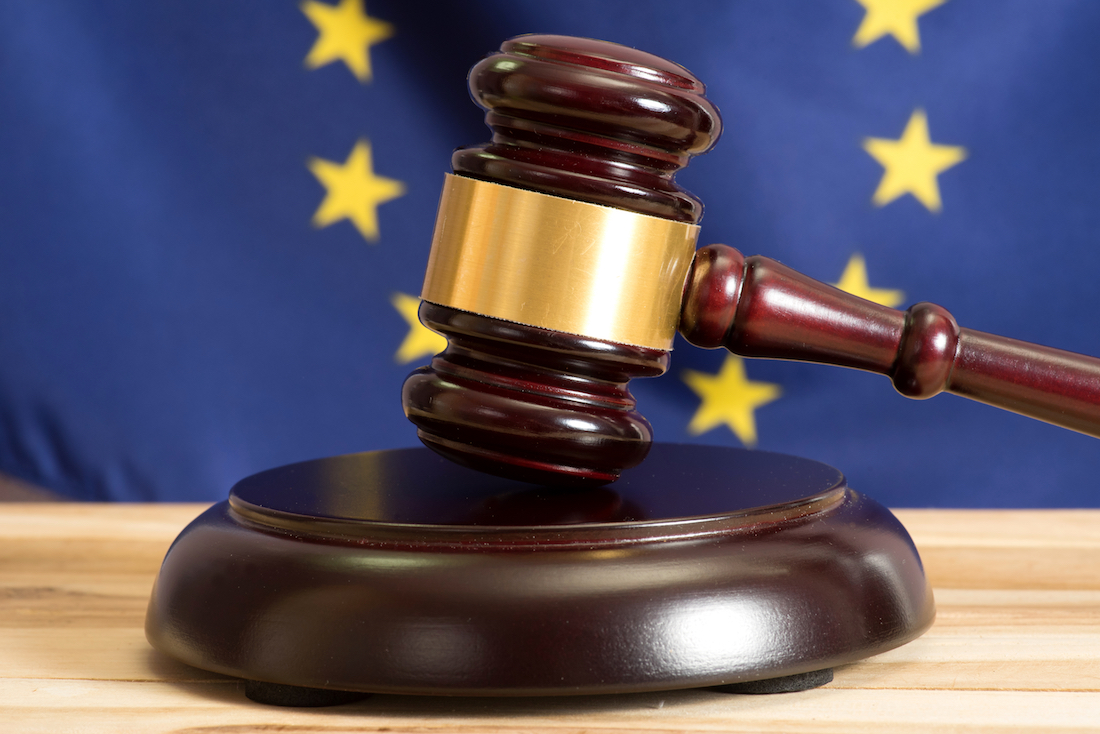The GDPR and the upcoming ePrivacy Regulation have significantly upped the requirements for data collection by businesses and organisations. While this has been lauded as good news for the common man, the advertising industry’s new report paints the new regulations in a different, less agreeable light.
Interactive Advertising Bureau Europe (IAB Europe) is the leading EU advertising association and lobbyist. It has sponsored a report carried out by IHS Markit, a reputable financial research company. The report found out that digital advertising contributes €526 billion to the EU’s GDP.
Stronger data protection measures, such as those found in the GDPR and especially in the ePrivacy Regulation, could slash half the total market value overnight, the report states. Market growth in the segment of advertising is primarily data-driven.
Two-thirds of spending on ads relies on user data, and 90% of total growth depends on the use of such data. Data-driven advertising is 5 times more effective than regular advertising, and ad values are increased by 300%.
A further study conducted by GfK, conducted in 11 EU countries on 11,000 individuals, shows that 80% of surveyed users prefer ads in exchange for free content. A half wouldn’t mind seeing sponsored content, whereas 42% are fine with personalised advertisements based on their browsing history.
Unsurprisingly, 92% claimed they would stop visiting their favourite websites if they went under a paywall, i.e. required a subscription to read. The amount that users are willing to pay (€3.8 a month) is far below what is necessary for news websites to survive. IAB Europe claims that the clampdown on advertising will have significant consequences on the freedom of the press and sustainability of smaller news outlets.
In a press release, Townsend Feehan, CEO of IAB Europe, stated that “these findings should give MEPs very significant cause for concern as they consider the proposed ePrivacy Regulation,” and concluded that “The alternative to data-driven advertising isn’t just less targeted advertising – it’s a digital ad industry half the size that it is today. That has huge consequences for Europeans’ experience of the internet, for the EU economy and for the existence of a free and balanced media. The latest research shows that the appetite for paying for online content simply doesn’t exist to a viable degree amongst EU citizens. Ignoring this fact is a recipe for economic, social and political disaster.”
There could be some merit in the industry’s warnings. The sad thing is that most of us simply aren’t ready to pay for online content, and ads are a way for many to pay the bills. Behavioural advertising is more effective and results in more earnings for everyone in the advertising industry. On the other hand, it’s our data that’s being used and profited off.
Maybe the EU has taken things a bit too far with its proposed updates to the ePrivacy Regulation and the industry truly is in peril. These reports should always be taken with a grain of salt, but the industry’s viewpoints should be taken into account, as well.







